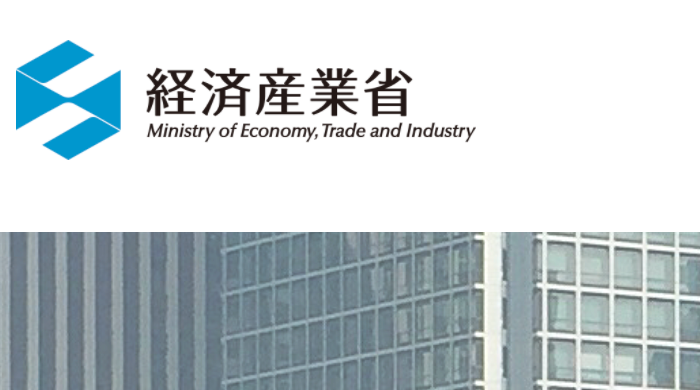Japan NRG sat down with KUME Takashi, Director at the METI’s Policy Planning and Coordination Division, to discuss the latest energy issues and outlook. Mr. Kume explained Japan’s Asia strategy goals, stance on LNG, willingness to protect coal-fired generation, how Japan will meet its renewables goals, the policy stance on nuclear and carbon pricing, outlook for batteries and green steel, and how the power market liberalization has changed the ministry’s relationship with industry.
Below is an extract from the conversation. The full interview is in the premium Japan NRG Weekly report.
Q: There are strong voices calling for Japan to abandon the promotion of LNG in ASEAN and to focus on renewables. How do see this?
A: People in developed countries, including European countries and the U.S., need to understand that Asian nations still want economic growth and need stable energy at low cost. We can’t just ask them to use renewable energy regardless of the high price, or to use nuclear power when they don’t have the technology.
Even during the transition to carbon neutrality, the issue of securing a stable supply of fossil fuels remains, especially in LNG [which allows for an] uptake of more renewable energy while filling in for the intermittent nature of renewable. It’s possible that other Asian countries, in addition to China, Japan, and South Korea, will want to move from coal to gas. And, I’m sure that people in Europe already understand the importance of stable gas supply, no matter how difficult it is for them to say so politically. Asian countries have the same understanding. Looking at things in a realistic light, Asian people need stable and inexpensive fossil fuel supply during this transition.
Within the G7, Japan is the only Asian nation, but in the G20 there are other Asian countries. Japan can play a crucial role in in these meetings to convey the message that the energy transition has to be done with a sense of reality.

